There have been multiple studies suggesting that depression during pregnancy increases the risk for preterm labor. Most studies do not attribute this increase in risk to antidepressant exposure, but to the effects of the depression itself. The mechanism is believed to be related to increased levels of corticotropin releasing hormone (CRH) which is triggered by stress. Elevated levels of CRH have been shown to be a predictor of preterm birth.
A recent study sought to determine whether prepregnancy depressive mood affects risk for preterm birth and compared the risk of preterm birth between black and white women. The study was driven by the finding that black women are significantly more likely than white women to deliver preterm infants. In 2005, 18.4% of black singletons compared with 11.7% of white singletons were born preterm (before 37 weeks gestation). As gestational age decreases, this racial disparity increases. Black infants are almost three times as likely as non-Hispanic white infants to be born before 32 weeks of gestation. Although socioeconomic background is a risk factor for preterm birth, the risk of preterm birth among black women exceeds that of white women with similar educational and social backgrounds. This is the first empirical study of prepregnancy depressed mood and its subsequent effect on risk for preterm birth.
A total of 555 participants were recruited in 1985 from four metropolitan areas from women participating in the Coronary Artery Risk Development in Young Adults (CARDIA) Study. Prepregnancy mood was assessed using the CES-D Scale. Black women had levels of depressive mood that were 3.46 points higher than those observed in white women. Black women were also twice as likely to have a preterm birth than white women. Participants who delivered preterm experienced higher levels of prepregnancy depressive mood compared to those who delivered at term. Prepregnancy depressive mood was predictive of preterm birth among black but not white women. The results were essentially unchanged when socioeconomic characteristics were controlled for.
The authors point to an interesting theory to explain these discrepancies in risk which is called ‘weathering’; they hypothesize that black women experience accelerated declines in health because of the cumulative effects of repeated experience with socioeconomic and political marginalization. They quote a study which shows that among descendants of foreign-born white women there is an intergenerational improvement in birth weight, whereas among descendants of foreign-born black women, the intergenerational trend in birth weight shifts downward. Supporting this theory of weathering is another study which indicated that self-reported experiences of racial discrimination were associated with increased risk of preterm and low birthweight deliveries among black women.
There are limitations of this study such as the exclusion of potential confounders, including antidepressant use. Also, depressive mood during pregnancy was not assessed in order to determine if pregnancy depressive mood mediates the association between prepregnancy depressive mood and preterm birth. Also, given that this study was observational, causal inferences cannot be established but only suggested by the data.
While this study suggests that, at least among black women, depressive symptoms or a diagnosis of depression prior to pregnancy may increase the risk of preterm birth, stressful life circumstances and the burden of dealing with chronic stressors and emotional distress may further increase the risk for preterm birth. Identifying those women at risk and advocating for access to care is essential to improving outcomes for mothers and their children.
Kimberly Pearson, MD
Gavin AR et al. Prepregnancy depressive mood and preterm birth in black and white women: Findings from the CARDIA study. Journal Of Women’s Health. 2009 Vol 18; 6: 803-811.
Orr ST et al. Maternal prenatal depressive symptoms and spontaneous preterm birth among African-American women in Baltimore, Maryland. Am J Epidemiol. 2002 Nov 1; 156(9): 797-802.
Rondo PHC, et al. Maternal psychological stress and distress as predictors of low birth weight, prematurity, and intrauterine growth retardation. Eur J Clin Nutrition 2003.
Dayan J, et al. Prenatal depression, prenatal anxiety, and spontaneous preterm birth: A prospective cohort study among women with early and regular care. Psychosomatic Medicine 2006.
Bonari L, et al. Perinatal risks of untreated depression during pregnancy. Can J Psychiatry, Vol 49, No 11, 2004.

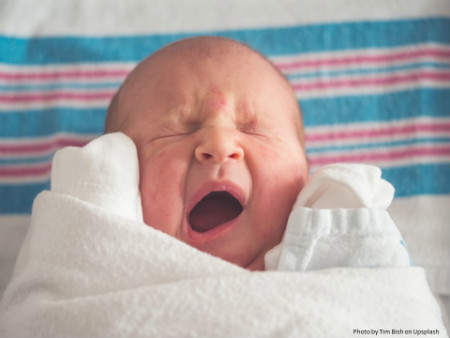
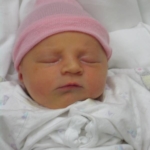
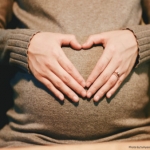

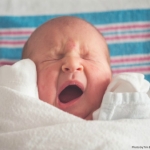
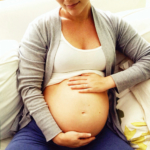

Leave A Comment